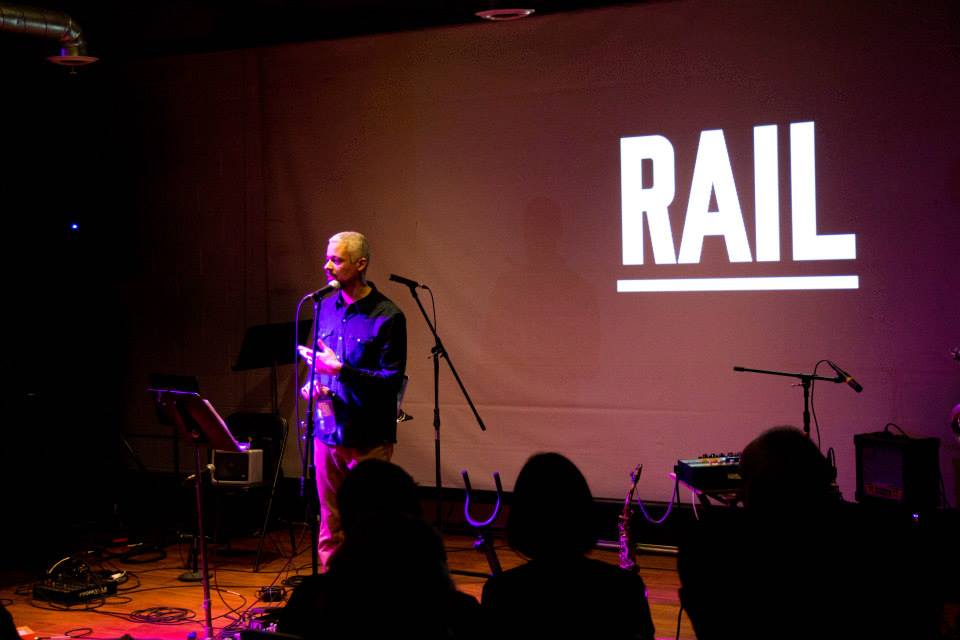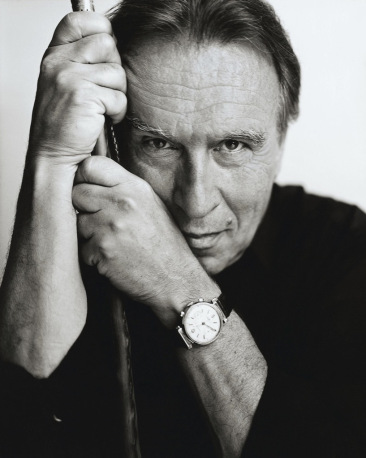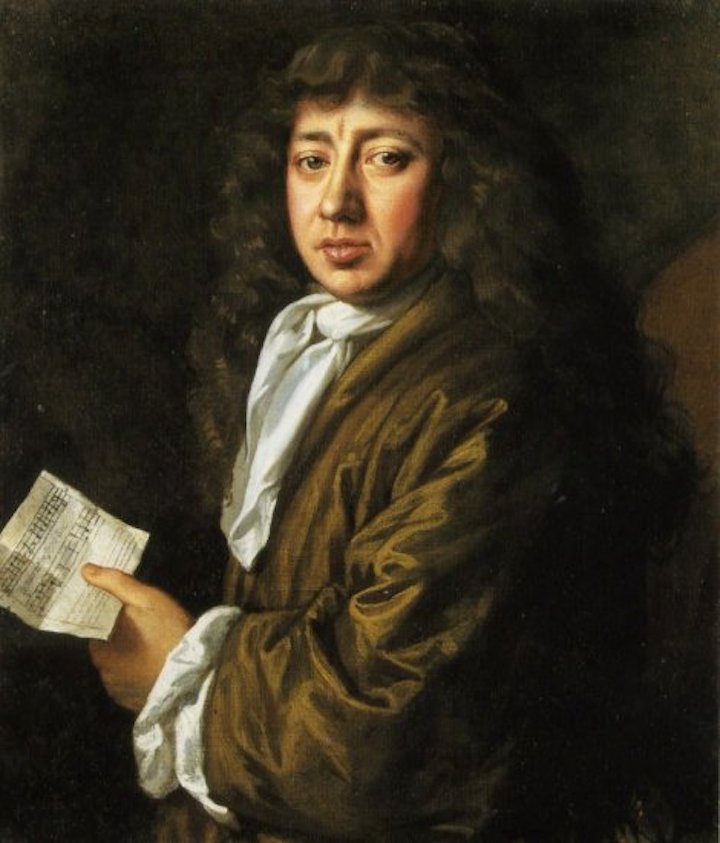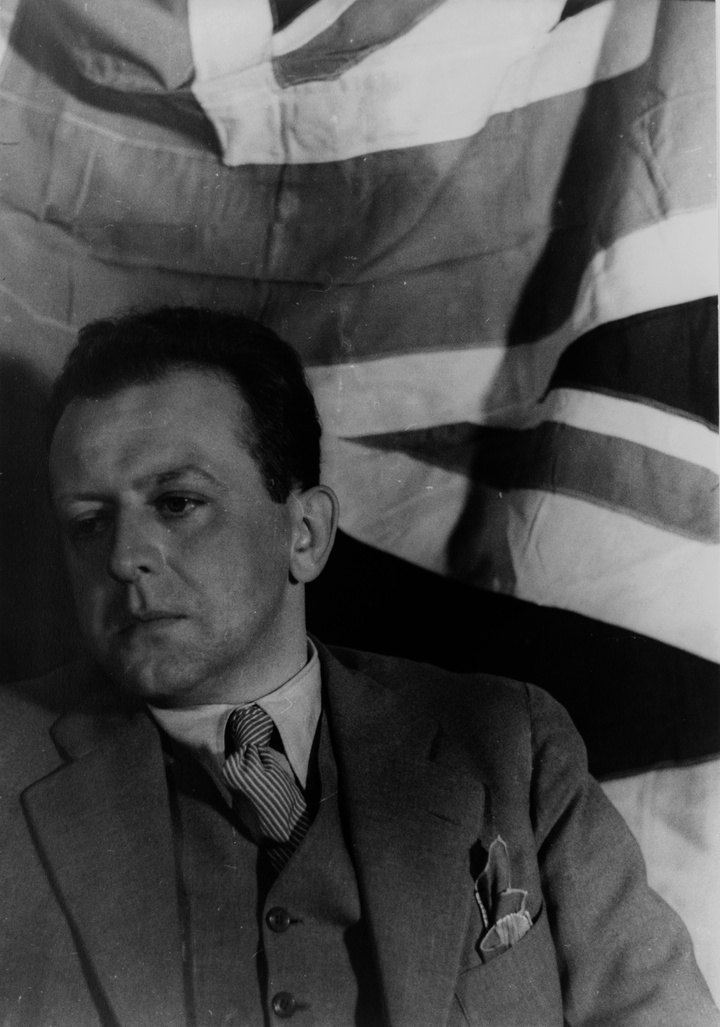OPEN LETTER | Christina Petrowska Quilico Remembers Pierre Boulez
By Open Submission on January 7, 2016
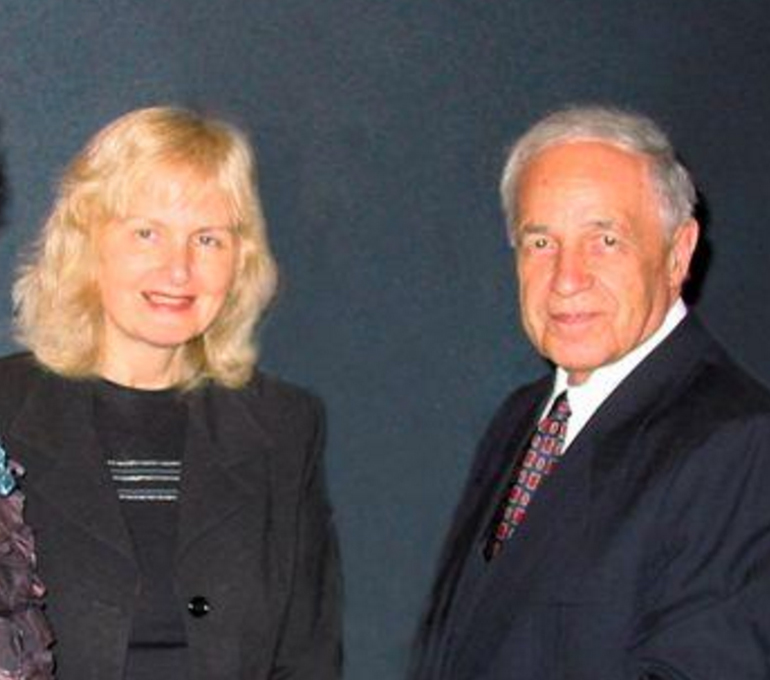
The following is an open letter written by Toronto-based pianist Christina Petrowska Quilico, one of Canada’s foremost interpreters of new music, on her memories of Pierre Boulez.
(Continue reading)

